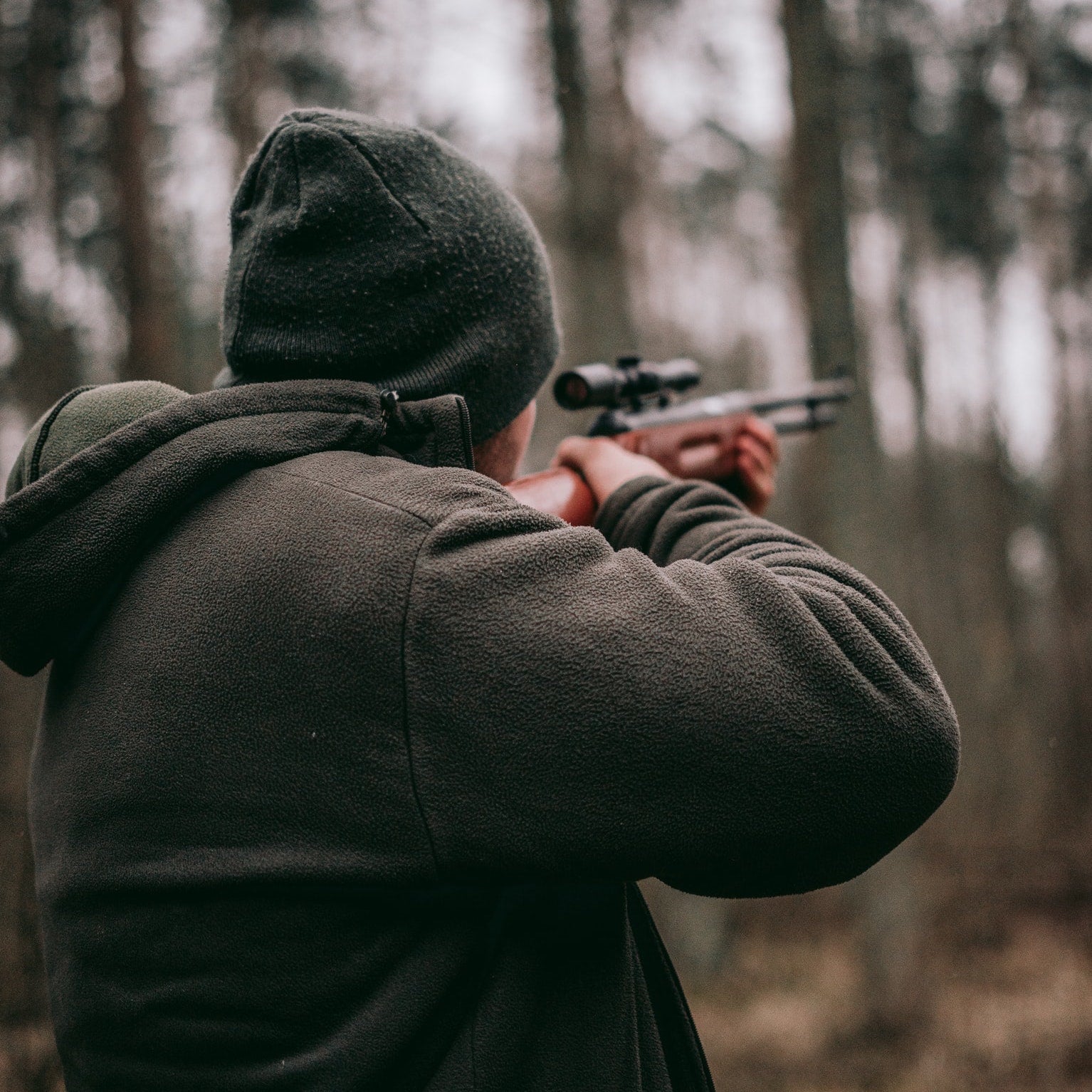Turkey hunting has become quite popular in the United States over the last few years. In this article we'll look at some tips on turkey hunting and what to keep in mind when hunting.
Fall Turkey hunting has become increasingly popular over the past few decades. Most states offer some type of turkey hunting in the fall, and most fall turkey seasons coincide with other fall turkey hunting seasons for larger game birds. While turkeys often stand still as the best game bird to hunt, opportunities exist to go after other animals or to try an entirely new method of hunting.
While turkeys are the most common animal used by hunters, other animals such as ducks, squirrels, rabbits, and rats also make good fall turkey targets. Small game such as squirrels are quite easy to get to and kill, while rabbits and squirrels are a good bet for a larger game animal like a turkey. For smaller game animals such as rabbits and squirrels, it is also a good idea to have a large supply of food on hand to take down before the season begins.
Fall Turkey hunting is best done from behind cover, such as trees or tall grass. The ideal location will be in a shaded area, where the weather is mostly clear, and cool, but not scorching hot. Fall turkey hunting is usually most productive during the morning hours when the sun is high. Early morning sun will be very beneficial in the fall months, since it allows the bird to warm up and increase their energy.
Turkey hunting also has its advantages. Since turkeys are nocturnal creatures, early morning is prime hunting time for many birds. At this time of day turkeys are more likely to be seeking cover and roosting in tree stands, making them more difficult to locate when it comes to hunting turkey during the fall season.
In addition to fall turkey season, many states offer early spring turkey hunting as well. While it may be difficult to find a good hunting spot for turkey in the spring, these animals are less likely to wander far from their tree stands in the months before they are ready to migrate north. In addition to their ability to winter in tree stands, birds that migrate in the spring are also much more active, and can be easier to track down.
Fall turkey hunting also benefits hunters with an abundance of fall food sources. During fall, turkeys have a chance to feast on berries, acorns, and even acorn husks. Fall also offers the best chance to catch and eat small animals like mice and rats, which provide the turkey with a steady source of protein.
Fall Turkey hunting also has its disadvantages, especially when trying to track turkeys. In the warmer months turkeys are often elusive and hard to locate, making it challenging to track turkeys in open areas.
Fall turkey hunting does offer the hunter the opportunity to take down a large number of birds at one sitting. However, if the hunter is not careful they may run the risk of injuring their quarry if they do not follow the rules of turkey hunting. If hunting turkey with a group, the group leader should always follow the same rules and be responsible for ensuring safety.
Turkey hunting can be as easy or as challenging as one's desire. There are a number of accessories available to enhance the hunter's enjoyment of the sport, and some of the more popular hunting equipment includes binoculars, radio transmitters, and GPS units. Many turkey hunting equipment such as GPS units are relatively cheap and readily available at local sporting goods stores.
Turkey hunting is also a great way to get out into nature in the beautiful fall of autumn, and if the weather is fair and clear, turkeys will be roaming free as they hunt in search of food.
Turkey hunting can be a very enjoyable pastime. With a little patience and some knowledge, it is possible to come home with a few great turkeys on your side in the fall months.
Thank you for taking the time to read this article! Our team here at Secure Lyfe appreciates your support and we value our community. Providing tip for the outdoors, hunting, fishing and camping is our passion. Want more content like this? Subscribe to our newsletter below.




Leave a comment
This site is protected by hCaptcha and the hCaptcha Privacy Policy and Terms of Service apply.